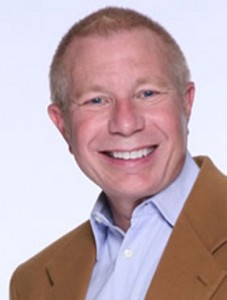Yesterday was the second Sunday of Lent. In the assigned Gospel lesson, we were told that some Pharisees warned Jesus that Herod planned to kill him. That came as no surprise to Jesus, because Herod had killed his cousin John the Baptist. What might have surprised Jesus, though, was who was warning him.
For modern Christians, it is almost a curse to call someone a Pharisee. By that, we mean they are legalistic, judgmental, narrow-minded. That is probably an accurate description of many Pharisees, just as it is an accurate description of many Christians, Muslims, and atheists.
Yes, they opposed what Jesus was doing and teaching, but the truth is, if Jesus was here advocating for the poor and warning that the rich were going to have a tough time finding their way to the reign of God, I suspect he’d be pretty unpopular with the Tea Party lot. It may also be that, when progressives get their dander up about voter suppression, limiting women’s rights, or denying lesbian and gay people the right to marry, we might not react so cheerfully when Jesus reminds us to love our enemies and turn the other cheek. I may be wrong, but I get the distinct feeling that Jesus is utterly capable of ticking off almost everyone.
Which brings me back to the Pharisees. We long have made them the villains. In productions of Jesus Christ Superstar the Pharisees and priests always are dressed in black, and they are often played by dark skinned men as an acknowledgement of our not-so-subtle racism. Everyone needs an “other”: someone who is wrong, bad, the villain. When we read the Gospels, we are grateful to have the Pharisees because, well, at least we are not them.
In one meeting I suggested that we didn’t need to be “pharisaical” about something. Afterwards, a rabbi friend of mine pulled me aside and reminded me that some rabbis consider themselves descendant of those devout men who fastidiously kept the law and preserved the faith for generations to come. I was mortified, of course, and apologized profusely. I would bite my tongue off before I would say something that was anti-Semitic. But I did.
It is easy enough to think we know when we don’t. That often leads to being entirely too certain that we know about other people when we hardly know about ourselves. Heck, if we knew ourselves better, I bet we’d just shut up more often. At least I would.









